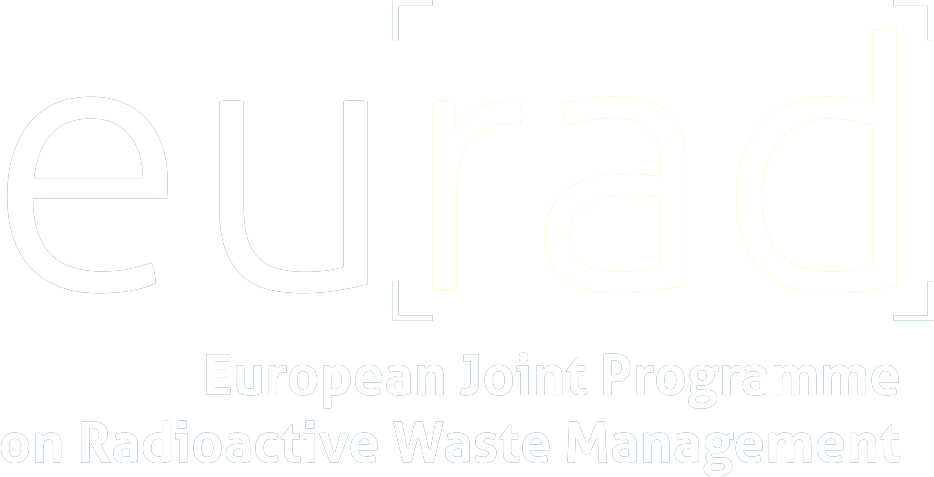EURAD Knowledge Management and Roadmap
Knowledge Management is enabled by three permanent Work Packages (WPs) within EURAD:
WP11 State of Knowledge
Activities under this WP consist of developing a systematic approach of establishing the state-of-knowledge in the field of RWM research.
WP12 Guidance
Activities under this WP consist of developing a comprehensive suite of specific guidance documents that can be used by Member States with national RWM programmes that are in different phases of their development The main focus of these documents is on early-stage RWM programmes.
WP13 Training & Mobility
Activities under this WP fall under the School of Radioactive Waste Management. More information can be found here.
The work performed in these Knowledge Management (KM) Work Packages will be integrated in the EURAD Roadmap. The EURAD Roadmap will be developed to contain clear objectives, linking EURAD activities (as listed in the Strategic Research Agenda (SRA)) to milestones typical for different phases of a radioactive waste management (RWM) programme. The Roadmap relates to the EURAD Founding Documents. It draws from the IAEA work (see, IAEA Planning and Design Considerations for Geological Repository Programmes of Radioactive Waste). The IAEA definitions of recognised phases of a waste disposal programme (and their associated major objectives) are used to provide the Roadmap framework:
- Phase 0: Policy, framework and programme establishment*;
- Phase 1: Site evaluation and site selection;
- Phase 2: Site characterisation;
- Phase 3: Facility construction;
- Phase 4: Facility operation and closure;
- Phase 5: Post‐closure.
*Note that Phase 0 was not covered by IAEA‐TECDOC‐1755, but added to recognise the needs of Members States who are in the process of establishing a waste management programme.
For each of the phases above, the EURAD Roadmap explains how aspects related to, disposal facility design, and safety case development (and supporting safety analyses) span across all phases, including Phase 0. The Roadmap elaborates further on the how the emphasis of work on each of these differs and changes through the successive Phases. The Roadmap demonstrates the totality of scope of EURAD and its relevance to the waste management and disposal programmes at different stages of maturity. The Roadmap effectively provides a framework upon which to organise the scientific priorities of the SRA, enabling users and programmes to ‘click‐in’, and to access existing knowledge and active work or future plans. It also provides a framework for future periodic assessment of EURAD, and to evaluate future priorities and new work packages as new knowledge is acquired or as new needs are identified.
The EURAD Roadmap can be consulted via: https://www.ejp-eurad.eu/publications/eurad-roadmap


